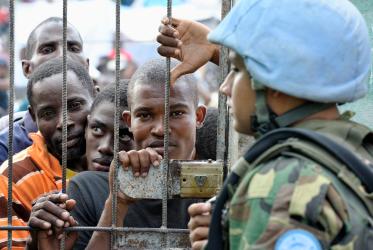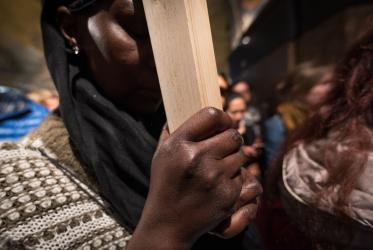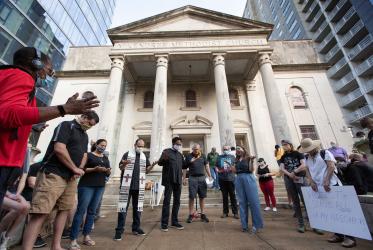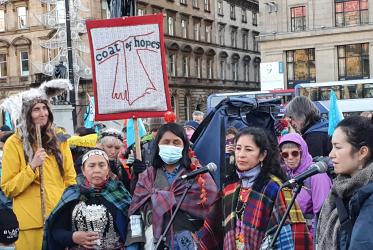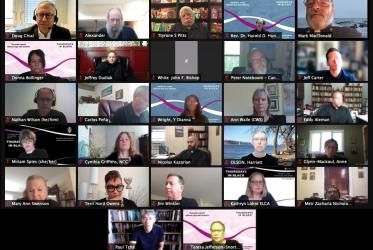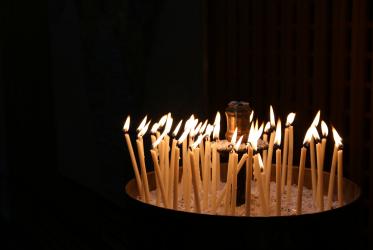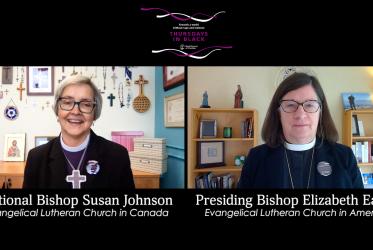Mostrando 1 - 20 de 73
29 Noviembre 2023
¿Cómo luchan realmente las iglesias contra el racismo?
15 Febrero 2022
Wie gehen Kirchen wirklich mit Rassismus um?
15 Febrero 2022
Comment le racisme est-il réellement traité par les Églises?
15 Febrero 2022
Las iglesias norteamericanas frente a la pandemia racial
15 Febrero 2022
Kirchen ringen mit Pandemie des Rassismus
15 Febrero 2022
How do churches address racism, really?
15 Febrero 2022
Lutter contre la pandémie raciale
15 Febrero 2022
Wrestling with the racial pandemic
15 Febrero 2022
In Canada, local churches offer a new view on climate accountability
04 Diciembre 2020
